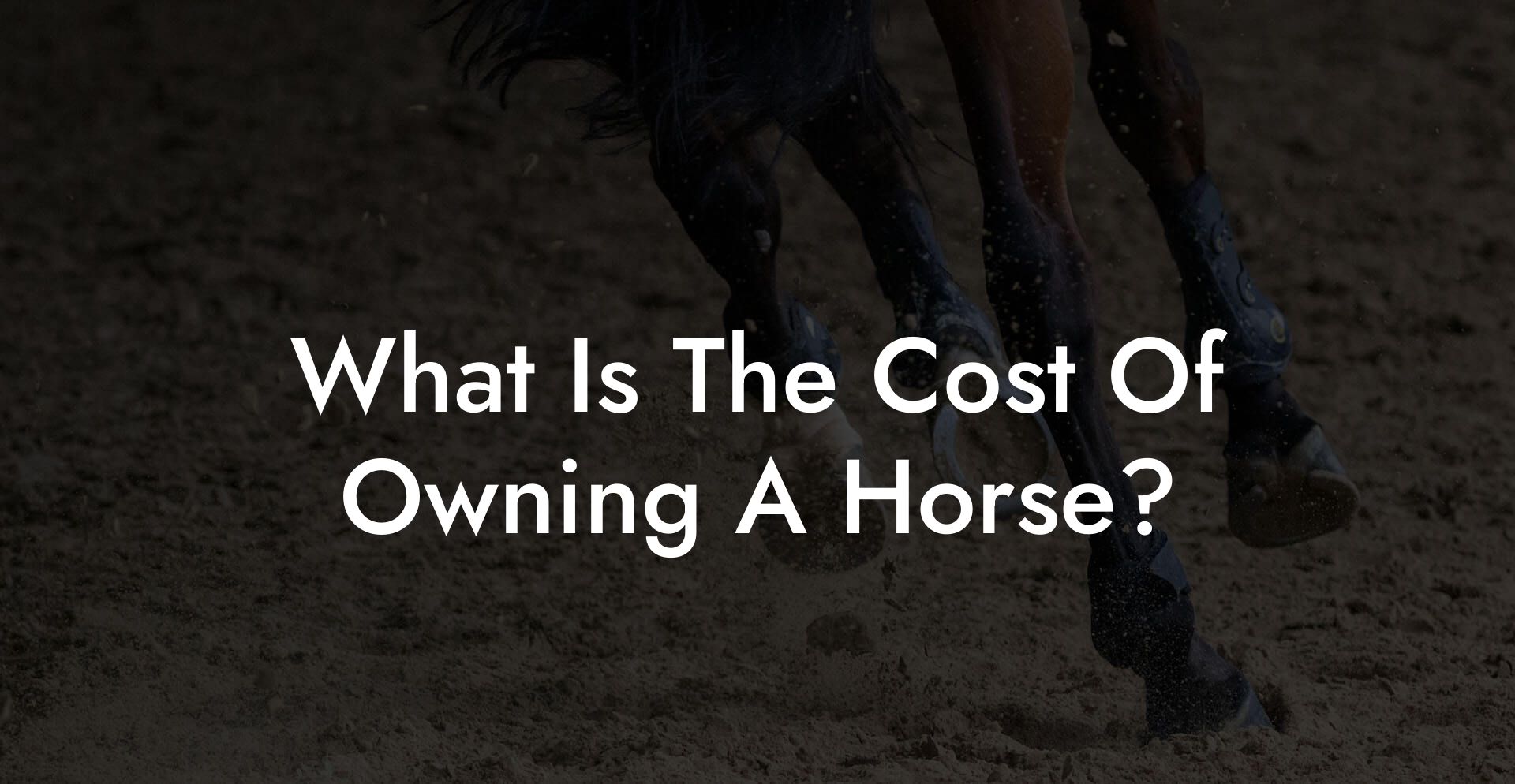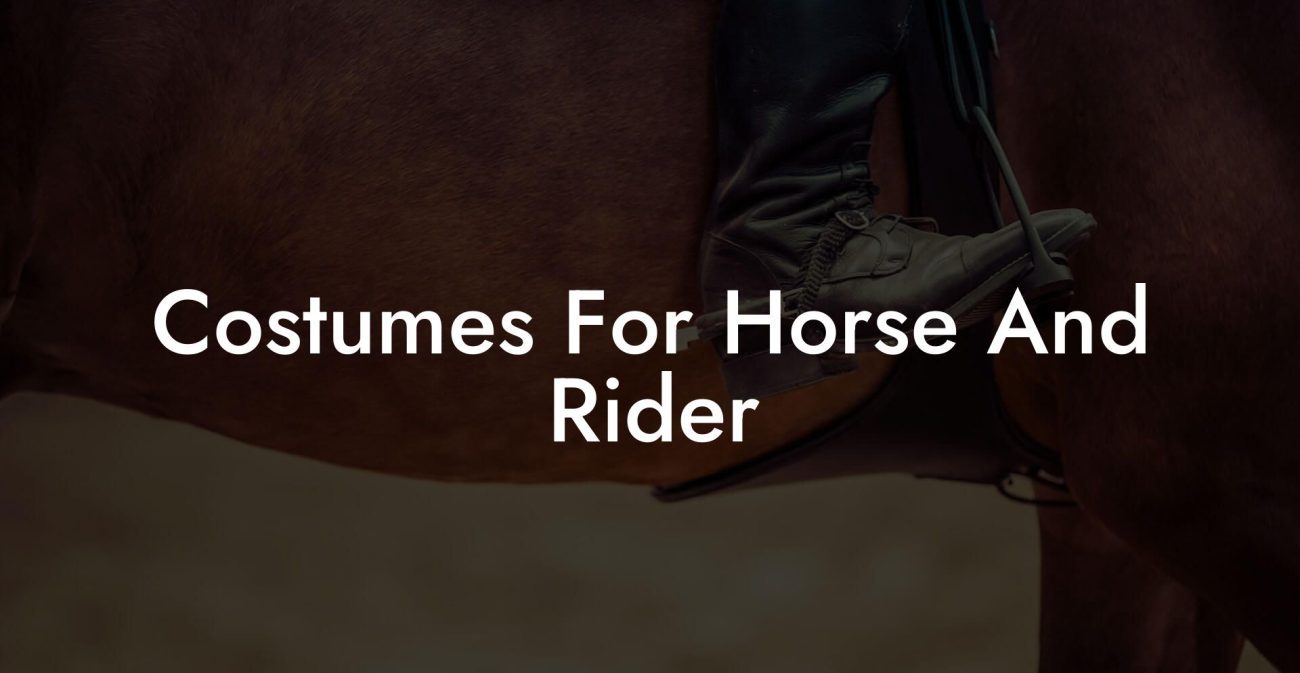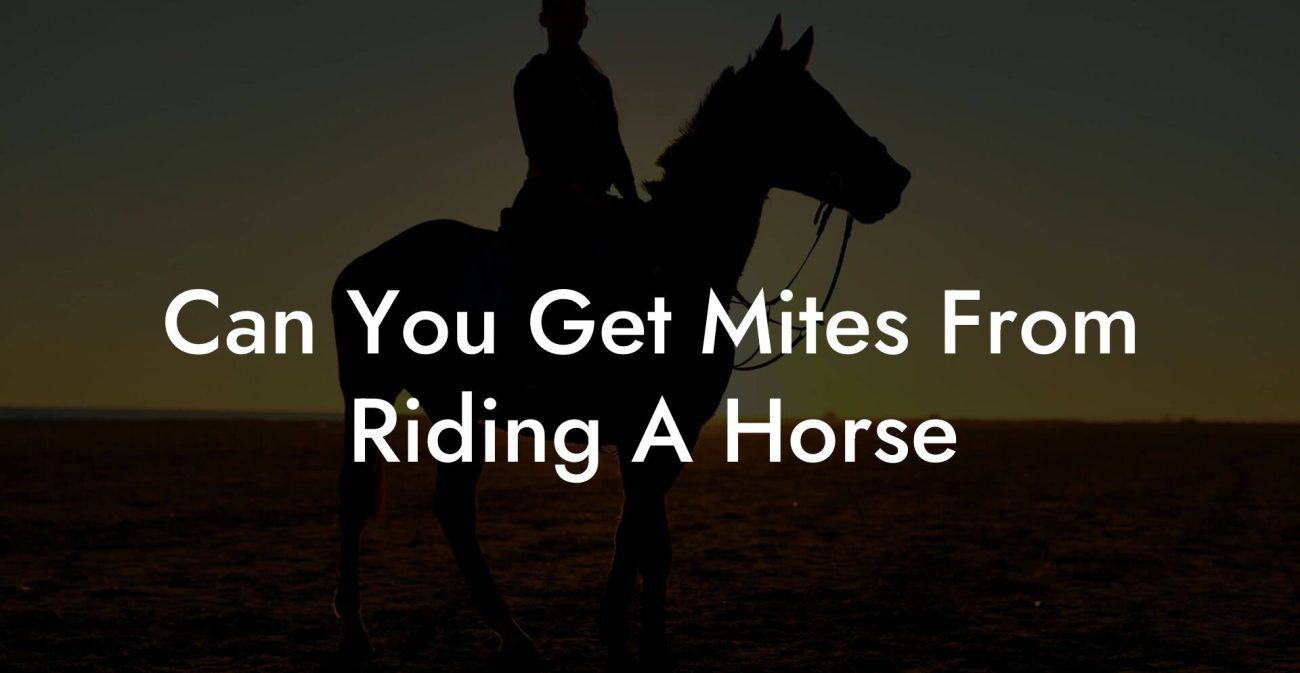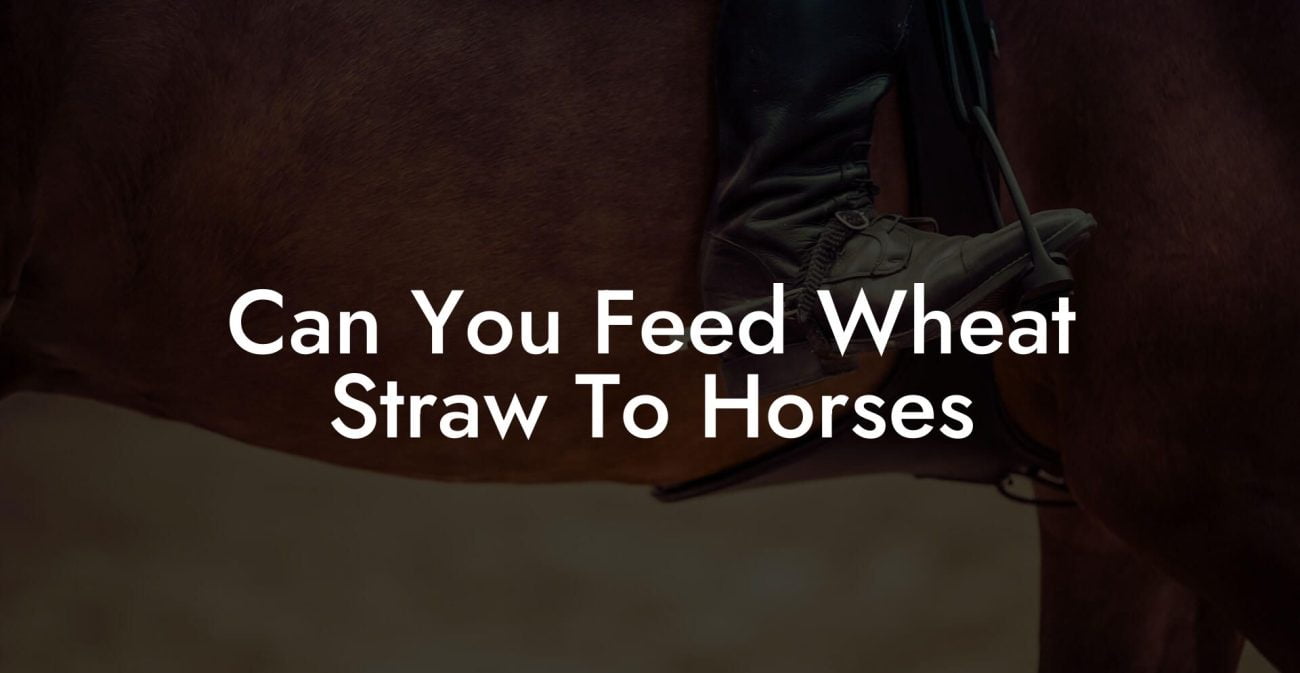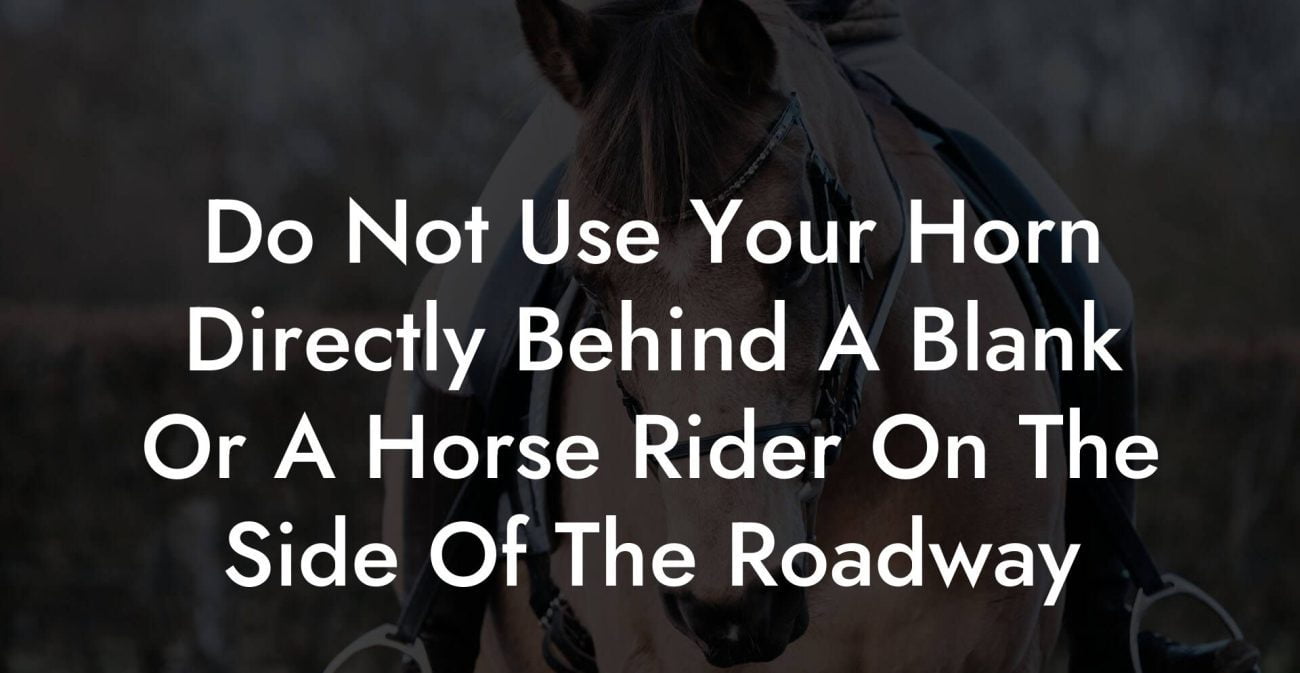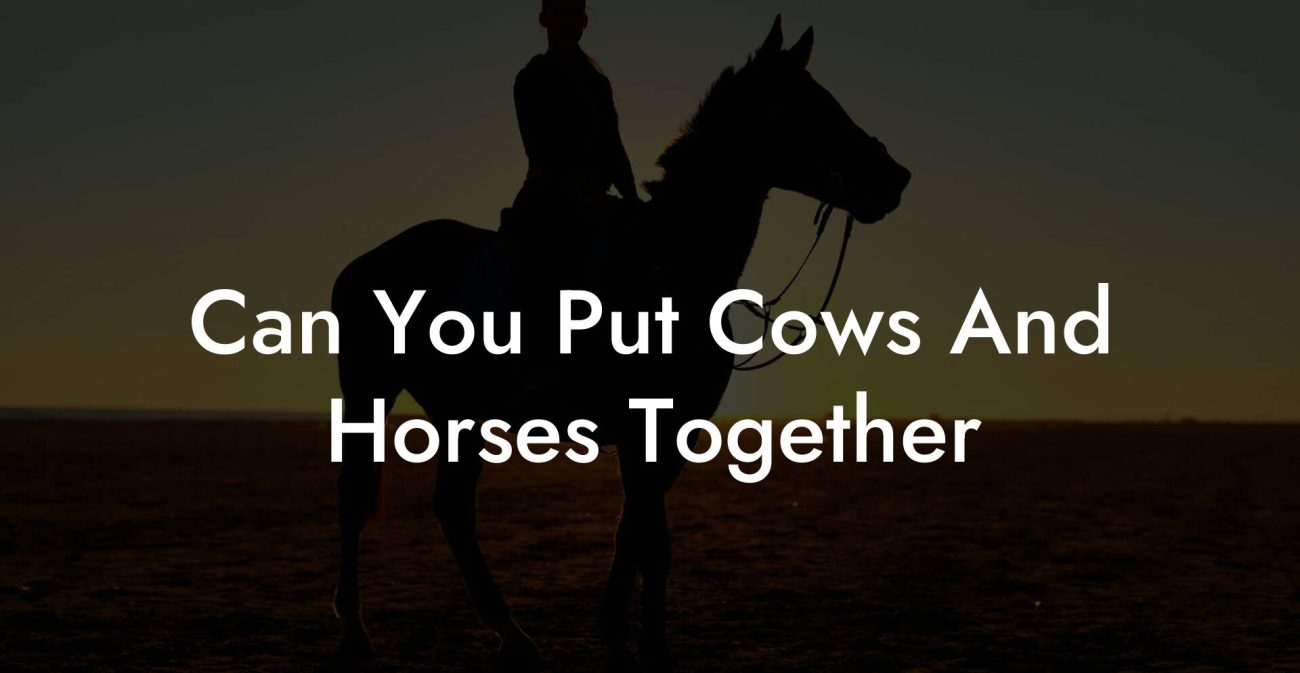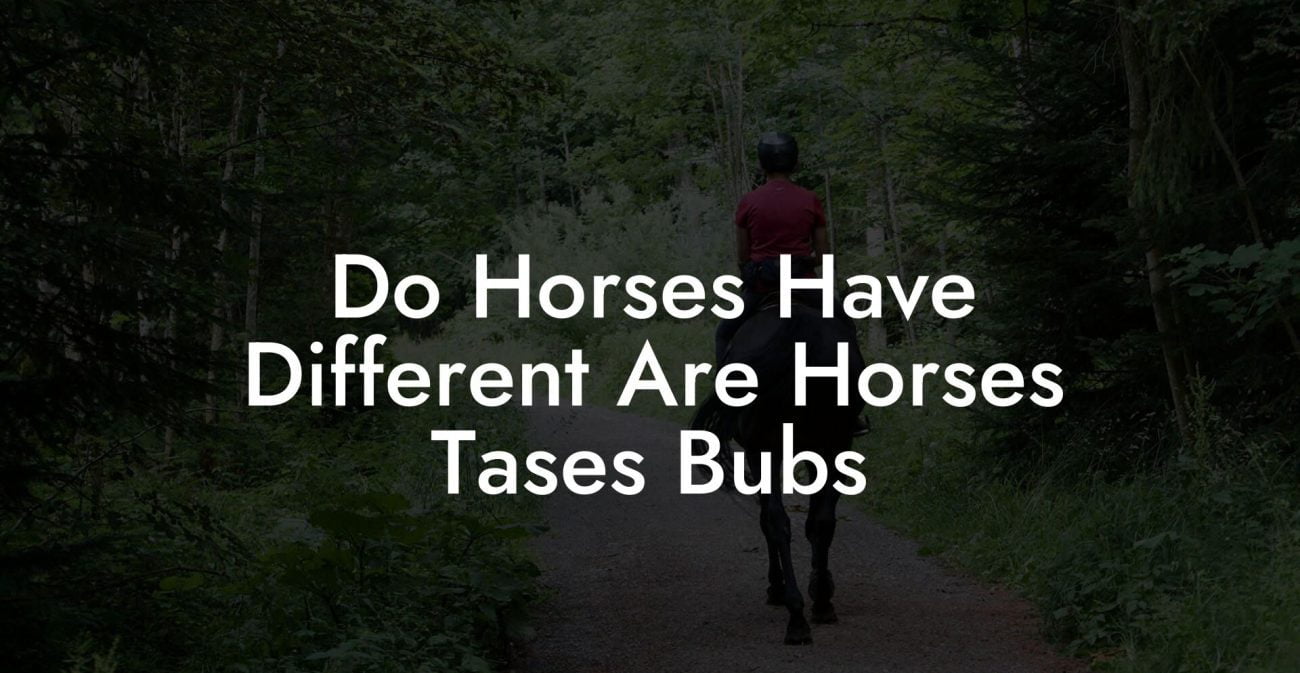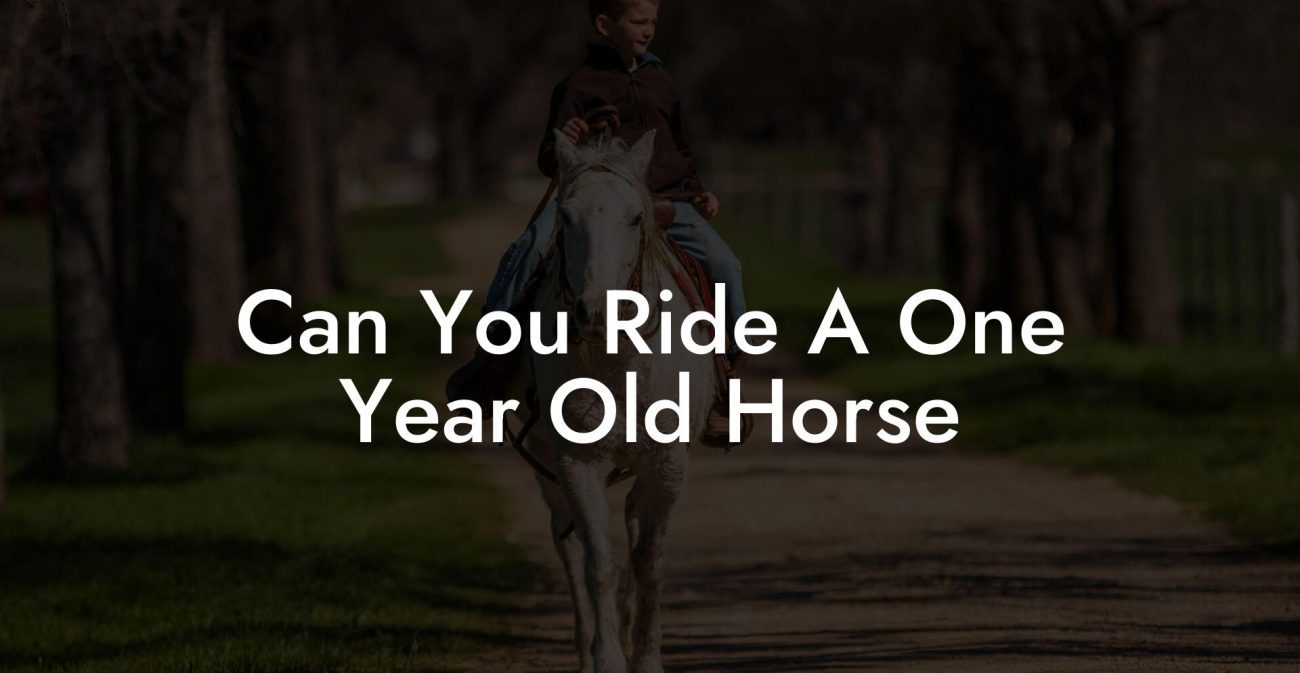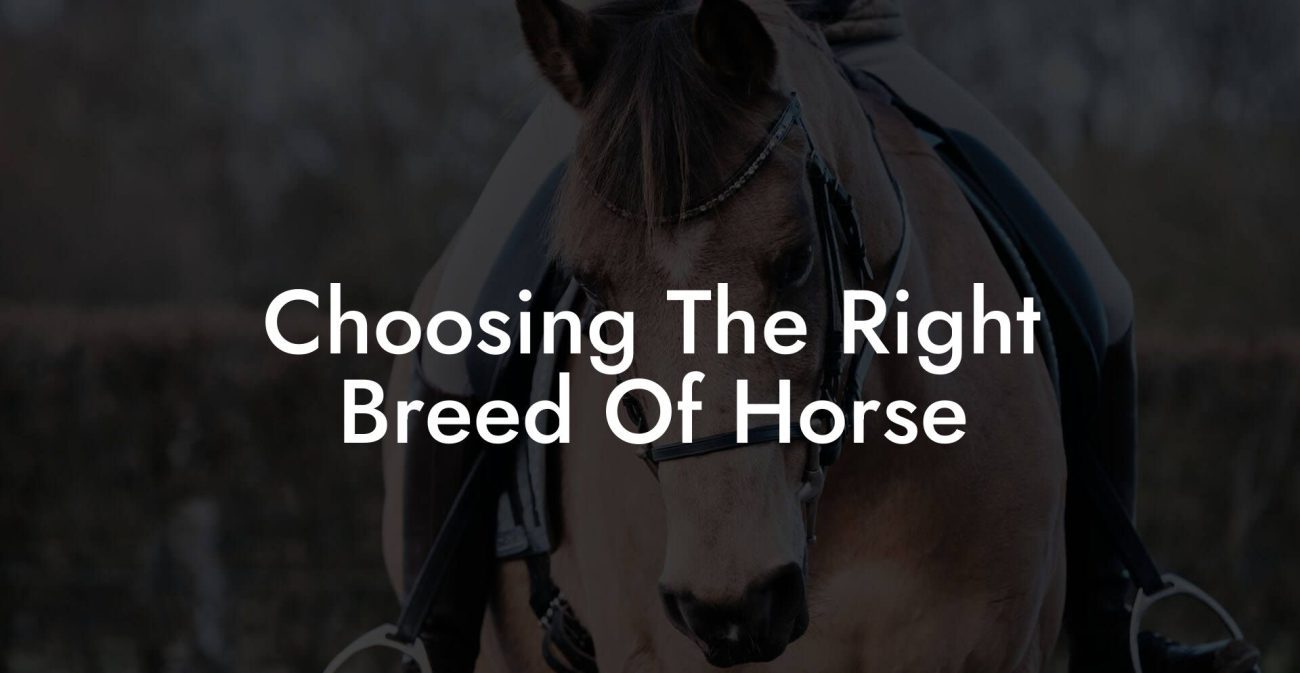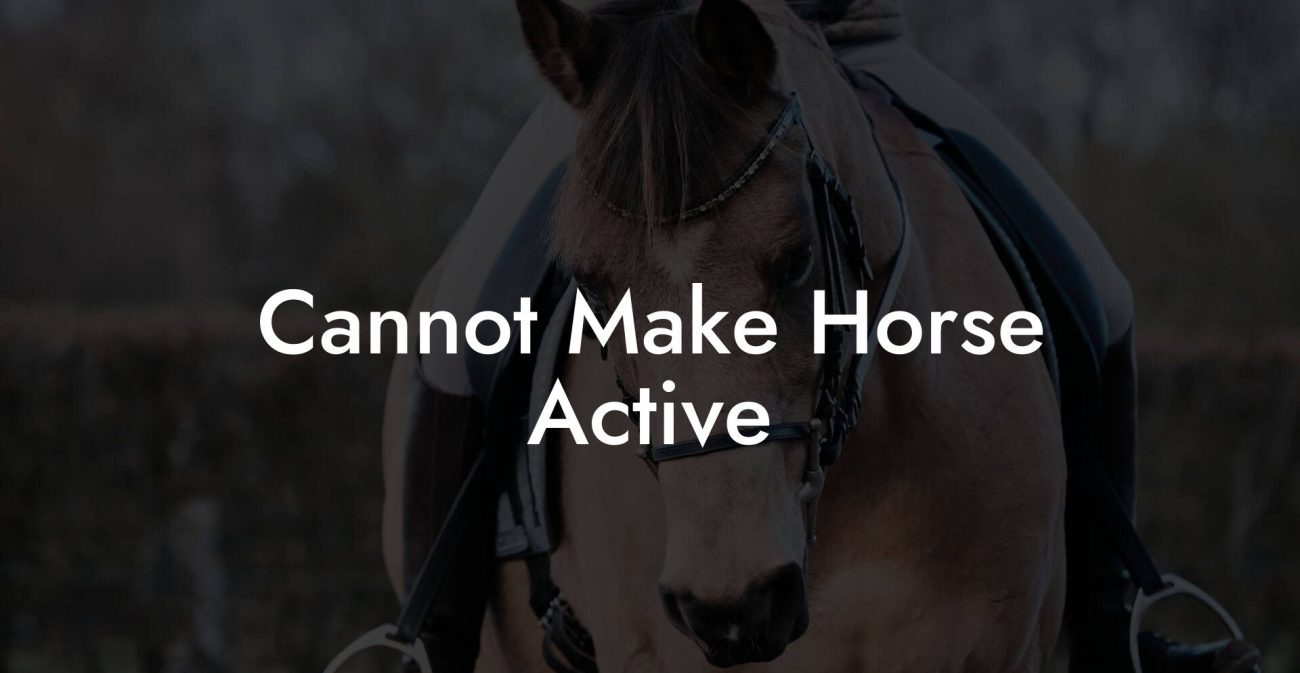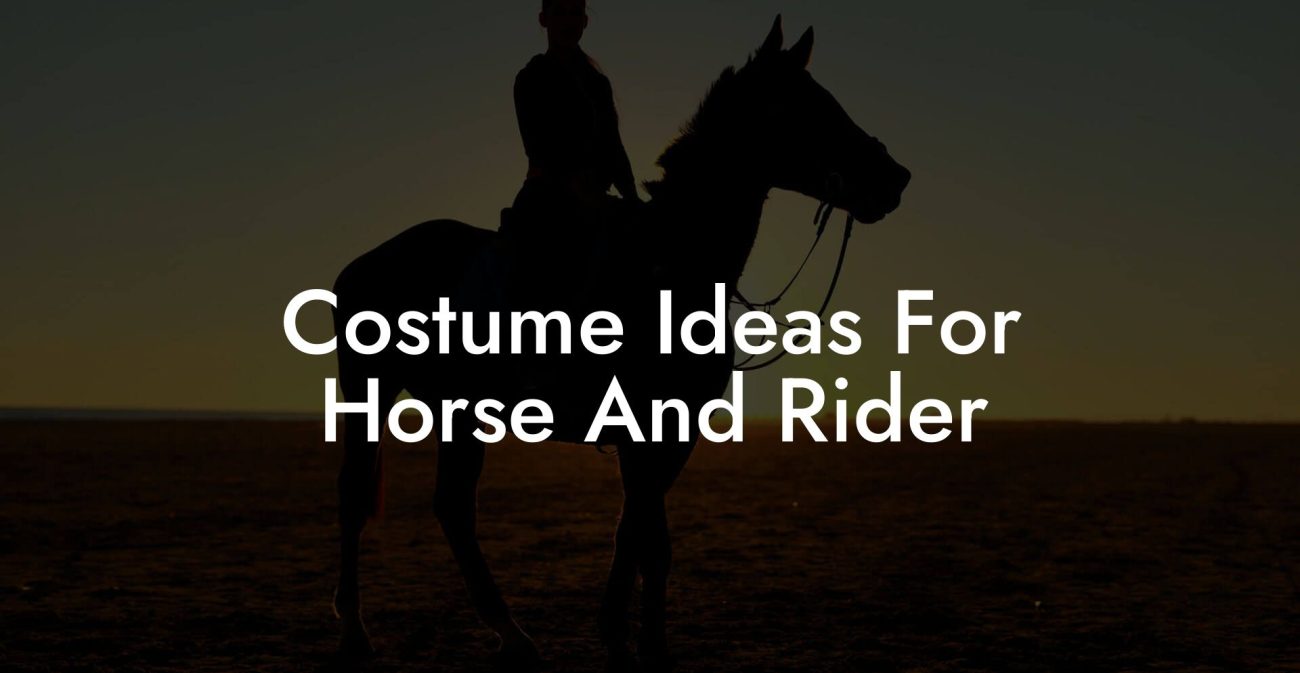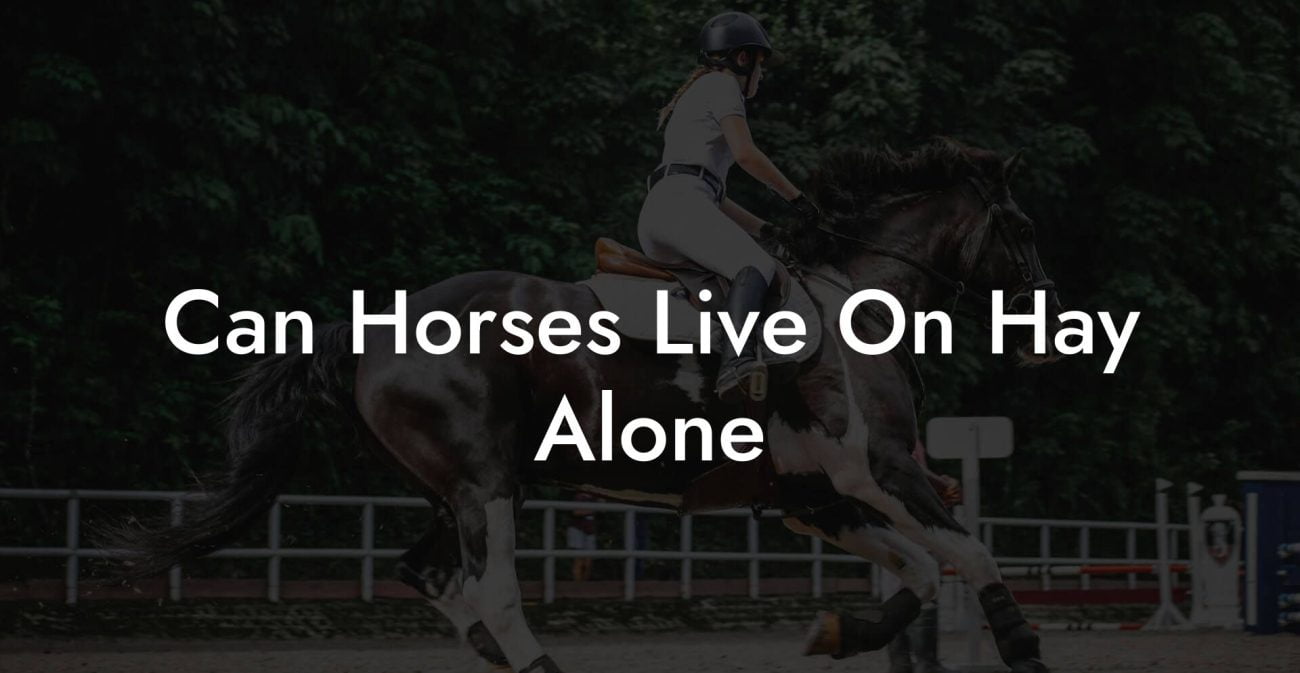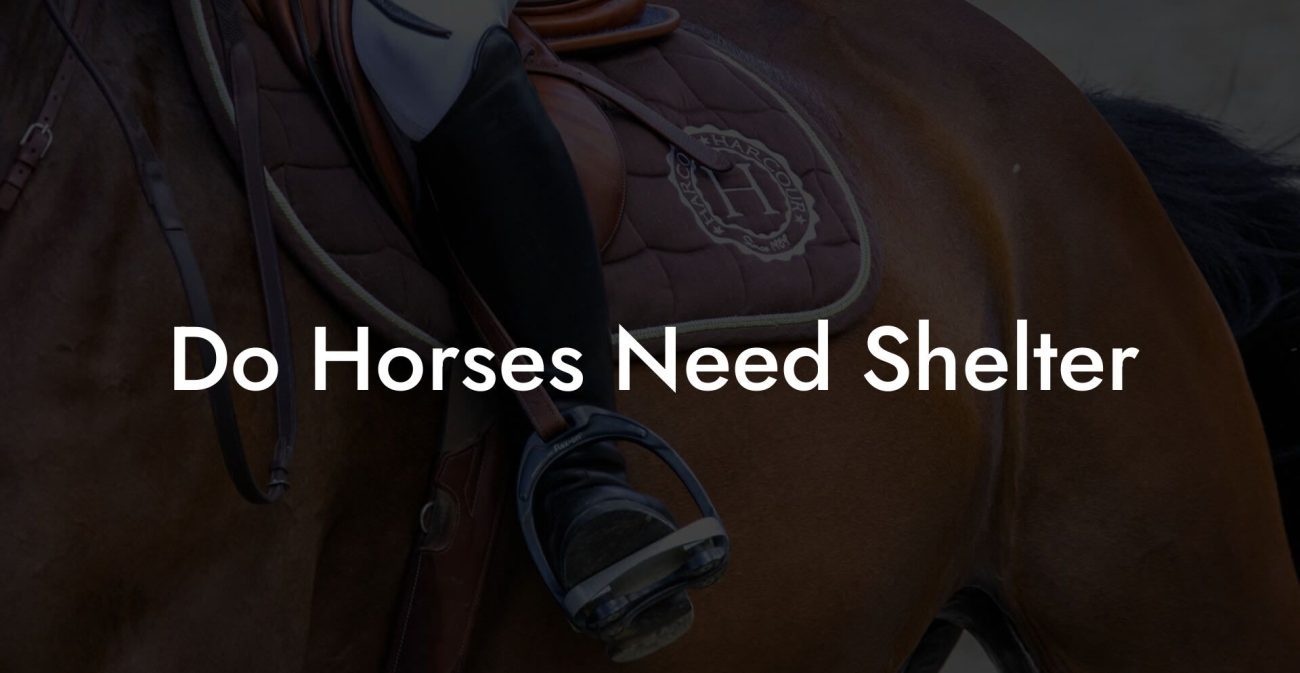Picture the thrill of a wild adventure, a majestic creature by your side, and the endless possibility of forming an unbreakable bond, all with one caveat: owning a horse is a serious investment that goes far beyond the “bling” of a fancy saddle. If you’ve ever daydreamed about trotting into the sunset with your own equine companion, buckle up because we’re about to gallop through the ins and outs of what it really costs to care for a horse. From pricey initial investments to the seemingly never-ending list of ongoing expenses, this guide is your ultimate playbook to understanding the financial commitment behind horse care, all delivered with a dash of Gen-Z sparkle and millennial wit.
Quick Links to Useful Sections
- Understanding the Financial Commitment: Beyond the Sticker Price
- The Initial Investment: Picking Your Equine Partner
- Ongoing Costs: Feeding, Shelter, Equipment, and More
- Veterinary Expenses: Maintaining Your Equine’s Health
- Farrier and Grooming Expenses: Keeping Your Horse Pristine
- Insurance and Legal Aspects: Protecting Your Investment
- Unexpected Expenses: When Life Throws You a Curveball
- Creating a Realistic Horse Ownership Budget: Tips & Tricks
- Step 1: Itemize Every Expense
- Step 2: Set Aside an Emergency Fund
- Step 3: Revisit Your Budget Regularly
- Step 4: Leverage Technology
- The Emotional and Lifestyle Costs: Time, Space, and Connection
- Case Studies: Real-Life Stories from Horse Owners
- The Dedication of a First-Time Owner
- A Seasoned Horse Enthusiast’s Journey
- Overcoming Setbacks with Resilience
- How to Reduce Costs Without Compromising Quality
- Resources and Community Support: Your Next Steps
- Your Journey to Equine Ownership Excellence
- Equine Ownership FAQs: Your Questions Answered
- Embrace the Adventure: Mastering Horse Ownership One Step at a Time
Understanding the Financial Commitment: Beyond the Sticker Price
Owning a horse might conjure images of freedom and open pastures, but the truth is, financial responsibility gallops in at full speed. If you envision a life of breezy rides and picturesque sunsets, prepare your wallet, because the cost of owning a horse is a multifaceted affair. It’s much more than just the purchase price, think aspects like stable maintenance, veterinary bills, farrier visits, feeding expenses, tack and equipment, insurance, and unexpected emergencies.
From a holistic perspective, embracing your equine partner means understanding the interplay of passion and practicality. The journey is as much about managing your budget as it is about nurturing your four-legged friend. And while we’re all in for the adorable "neigh-sayer" moments and that magical connection you feel when you groom your horse on a cool morning, the reality is that your new best friend comes with a hefty price tag in more ways than one.
Whether you’re a rookie horse enthusiast or have been dreaming of this moment forever, it’s crucial to internalize how costs add up over time, and that a proactive, informed approach can ensure you’re prepared for both the daily and the unforeseen. After all, we all know that horses aren’t just about physical beauty; they require an investment in health, time, and care.
The Initial Investment: Picking Your Equine Partner
Let’s kick off at square one: the purchase. Whether you’re looking at a purebred show pony, a versatile trail partner, or a gentle gelding, the initial investment can vary wildly. On average, buying a horse in the United States can cost anywhere from a few thousand dollars to tens of thousands. This isn't your typical online shopping spree, it’s an entire lifestyle shift!
When shopping for a horse, consider the following factors, which also affect price:
- Breed and Pedigree: Horses bred for competition or show often come with a premium price tag due to their lineage and specialized training.
- Age and Training Level: A well-trained, seasoned horse might cost more upfront, but could save you money in the long run compared to buying a raw, untrained colt.
- Health and Soundness: An equine with a clear bill of health may cost more now, but it could limit future veterinary expenses, a true win–win!
Besides the purchase price, setting aside funds for initial veterinary checks, dental work, and any necessary vaccinations is a must. Buying a horse is like buying a house with four legs: the foundation needs to be rock-solid, or you’re in for a bumpy ride.
Ongoing Costs: Feeding, Shelter, Equipment, and More
Once you’ve taken the plunge and found your equine soulmate, be prepared for a continuous financial commitment that spans their entire life. Here, we break down some major recurring costs:
- Stable or Boarding Fees: Whether you have your own pasture or rent a stable, monthly fees can range dramatically based on location, facilities, and your choice of amenities. From $300 to well over $1,000 a month, these fees ensure your horse has a safe haven and a proper living environment.
- Feed and Supplements: A horse’s diet isn’t just about hay and oats, it’s a balanced regimen that can include grains, vitamins, and specialized supplements, especially if your equine has dietary sensitivities or is training for a competition. The cost typically runs between $100 and $300 per month.
- Tack and Equipment: Saddles, bridles, grooming kits, blankets, and other essentials will require an upfront investment, plus periodic updates and replacements. These costs can be a few hundred dollars to several thousand, depending on quality and frequency of use.
- Routine Maintenance: This includes regular cleaning, safe storage of equipment, and minor repairs to stables or fences. Although these expenses seem minor, they add up over time.
With each of these costs in mind, it becomes clear that horse care is a long-term commitment. Budgeting meticulously for these recurring expenses is essential to ensure your equine friend gets nothing less than the best care.
Don’t forget that much like a smartphone that needs a yearly update, your horse’s needs will evolve over time. Regular check-ups with your stable manager or equine nutritionist are a savvy investment. After all, a well-fed and comfortably housed horse is a happy horse, and a happy horse makes for an even happier owner.
Veterinary Expenses: Maintaining Your Equine’s Health
Just like your favorite avocado toast needs quality ingredients, your horse deserves top-notch veterinary care to keep it in tip-top shape. Routine veterinary expenses can be a significant part of your budget, and here’s why:
- Annual Check-ups and Vaccinations: Horses generally require an annual exam to ensure they are healthy and to administer vaccinations. These check-ups help catch potential issues early on, potentially saving big bucks in the future.
- Dental Care: Dental work isn’t just for humans; horses need regular teeth care to ensure proper digestion and comfort. Expect dental maintenance to be an ongoing expense.
- Emergency Care: Injuries, colic, and other emergencies can be unpredictable, and costly. Having a financial cushion or even equine insurance to cover unexpected vet bills is highly recommended.
Estimating veterinary expenses can be challenging, especially if your horse requires specialized care. However, by setting aside a dedicated monthly budget for veterinary visits and emergency situations, you’ll be better positioned when the unexpected arrives. And while these costs may seem steep, they’re the price of ensuring your equine companion remains healthy, active, and ready for those long, scenic rides.
Farrier and Grooming Expenses: Keeping Your Horse Pristine
Ever seen a horse with perfectly manicured hooves? It’s not just Instagram magic, it’s the result of regular farrier visits and grooming sessions. These services are essential for your horse’s physical health and comfort, not to mention their appearance.
Farrier Care: Typically, horses require farrier services every 6 to 8 weeks. These visits involve trimming, hoof balancing, and, if necessary, shoeing. Costs can vary from $30 to $100 per visit depending on your location and the specific needs of your horse.
Regular Grooming: Beyond the sheds and barn chores, grooming enhances the bond between you and your horse, while also ensuring their coat, mane, and tail remain tangle-free and healthy. Whether you opt for professional grooming or roll up your sleeves for some DIY magic, don’t overlook these costs.
The charm of a well-groomed horse is undeniable, and while these regular expenses add up, proper hoof and coat care are non-negotiable elements of responsible horse ownership. Consider it an investment in your horse’s comfort and performance, a little extra now means fewer hoof problems down the road.
Insurance and Legal Aspects: Protecting Your Investment
Let’s talk about insurance. Much like protecting your smartphone or car, equine insurance is the unsung hero of horse ownership. It safeguards your investment and helps manage the substantial financial risk that comes with unexpected events.
Equine insurance options generally cover:
- Mortality or Total Loss: This component helps recoup losses if your horse were to suffer a serious injury or, heaven forbid, pass away unexpectedly.
- Major Medical Expenses: From surgeries to lengthy rehabilitation, having insurance can drastically reduce your out-of-pocket costs for unforeseen medical needs.
- Liability Coverage: In certain situations, your horse can be involved in incidents that might lead to legal complications. Liability insurance can be a lifesaver if such scenarios arise.
The cost of equine insurance varies by policy and the horse’s value, but don’t be surprised if you’re looking at an annual fee ranging from a few hundred to over a thousand dollars. While it might feel like just another expense, equine insurance is a smart move to ensure that you’re prepared for life’s unpredictable twists and turns.
Unexpected Expenses: When Life Throws You a Curveball
Just when you think you’ve budgeted for every eventuality, the universe steps in with a surprise. Horses can be unpredictable, and despite your best planning, there are always expenses that come out of left field.
Some unexpected expenses might include:
- Injuries or Accidents: Even the most cautious horse can be prone to injury. Whether it’s a twisted leg or a colic episode, these emergencies often require rapid intervention and additional funds.
- Specialized Treatments: Sometimes, a horse might need advanced therapies, from physiotherapy to innovative alternative treatments, to bounce back from an injury.
- Boarding Upgrades and Facility Repairs: As your horse grows, or as regulations tighten, you might need to upgrade your boarding setup, fix broken fences, or install new safety features.
- Market Fluctuations: Believe it or not, even the price of hay and feed can fluctuate with market conditions, so keep an eye out for potential adjustments in your regular costs.
The best defense against unexpected costs is a robust emergency fund. Think of this as the rainy-day savings for your horse, allowing you to tackle surprises without it wreaking havoc on your overall budget.
Horse ownership, much like life, is filled with unpredictable moments, and while these surprises can cause temporary financial stress, a well-maintained safety net can turn potential setbacks into manageable challenges.
Creating a Realistic Horse Ownership Budget: Tips & Tricks
So, how do you pull together all these expenses into a coherent, realistic budget? The key lies in planning, tracking, and flexibility. Start by listing all known costs, from initial investments to monthly recurring expenses, and then layer in a buffer for the unexpected.
Here are some steps to create a budget that works for you:
Step 1: Itemize Every Expense
Break down the costs into clear categories: purchase price, boarding, feed, veterinary care, farrier visits, insurance, grooming, and miscellaneous costs. Knowing the specifics gives you a clear picture of where your money goes.
Step 2: Set Aside an Emergency Fund
As mentioned earlier, an emergency fund is critical. Experts suggest setting aside a reserve that covers at least 3-6 months of unexpected costs. This fund is your safety net for those “oh no” moments.
Step 3: Revisit Your Budget Regularly
Your horse’s needs, and the market, can change over time. Set a reminder to review your budget every six months or after any major changes in care requirements. Staying flexible helps you adjust quickly.
Step 4: Leverage Technology
Use budgeting apps or simple spreadsheets to track expenses. Digital tools not only streamline the process but also make it easy to spot trends and opportunities for savings.
With a solid budget in hand, you’ll have peace of mind knowing that you’re ready for both routine and unforeseen financial demands. A well-planned budget is your roadmap to balanced and stress-free horse ownership.
The Emotional and Lifestyle Costs: Time, Space, and Connection
While we’ve primarily focused on monetary costs, the emotional and lifestyle investments of horse ownership deserve equal attention. These aren’t expenses you can tally on a spreadsheet, but they play a massive role in the overall experience.
Owning a horse is a full-time lifestyle. Beyond the daily routine of feeding and grooming, you’re investing your time, energy, and even your social life. Picture early mornings in the stable, impromptu rides on scenic trails, and the unique bond that grows over time. These moments, though priceless, do require a commitment that can impact your work-life balance and personal time.
Additionally, horse ownership demands physical space, whether that’s a sprawling barn, a secure pasture, or access to shared riding facilities. These factors can influence your monthly bills (for example, rental fees, utility costs, or community contributions), but also shape your overall lifestyle.
It’s a trade-off: the time and energy spent on caring for a horse yield deep connections, lifelong friendships in the equestrian community, and the kind of memories that keep you smiling for years. Just remember that the lifestyle costs, while not always monetary, require as much consideration as your bank balance.
Case Studies: Real-Life Stories from Horse Owners
Sometimes the best way to understand the cost of owning a horse is to hear from those who’ve already embarked on the journey. Here are a few real-life snapshots from fellow equestrian enthusiasts:
The Dedication of a First-Time Owner
Meet Sarah, a millennial with a passion for adventure. Sarah purchased a young, untrained mare with big dreams and a modest budget. By carefully researching stables, bargaining on boarding fees, and budgeting every penny, she managed to balance the cost of frequent veterinary visits, feed, and training sessions, all while working a full-time job. Sarah’s story is a testament to the dedication it takes to juggle both career and passion.
A Seasoned Horse Enthusiast’s Journey
Then there’s Marcus, who’s been in the equine world for over 15 years. His experience has taught him how to manage rising costs with smart spending strategies. Marcus leverages bulk purchasing for feed, maintains strong relationships with his local farrier, and even shares boarding facilities with another horse lover to cut expenses. His approach, a mix of savvy budgeting and community support, has allowed him to continually invest in his horse’s health and happiness while keeping costs steady.
Overcoming Setbacks with Resilience
Finally, we have Jasmine, whose journey was punctuated by a scary, unexpected emergency when her beloved stallion suffered a leg injury. Though the incident shook her, Jasmine’s preparedness, thanks to that ever-practical emergency fund, kept her stress levels manageable. Her story underscores that while the financial outlay can be daunting, planning ahead makes all the difference.
These stories, though unique in their details, share a common theme: owning a horse is a labor of love that requires planning, flexibility, and a dash of creative problem-solving.
How to Reduce Costs Without Compromising Quality
Let’s be real, no one wants to cut corners on the care of their equine companion. However, with resourcefulness and smart planning, you can diminish expenses while still providing the best for your horse. Here are some practical tips:
- Community and Co-Owning: Consider sharing boarding facilities or pooling resources with fellow horse enthusiasts to divide costs for stabling, feed, or even training sessions.
- DIY Maintenance: Get your hands dirty by learning basic grooming and stall maintenance skills. Not only does this save money, but it also strengthens the bond between you and your horse.
- Bulk Buying: Purchase feed, bedding, and supplements in bulk to take advantage of discounts and lower per-unit costs.
- Seasonal Care Adjustments: Optimize costs by adjusting feeding and care routines according to seasonal availability and weather conditions.
- Smart Scheduling: Pre-booking farrier visits or veterinary checks can sometimes land you discounts compared to on-call emergency services.
- Second-Hand Equipment: Explore options for quality used tack and equipment, it’s an eco-friendly choice that can save you hundreds.
Remember, cost-saving should never compromise your horse’s well-being. The goal is to strike a balance that retains high care standards while keeping your finances on track. With a sprinkle of creativity and community spirit, you can make smart choices that benefit both your bank account and your four-legged friend.
Resources and Community Support: Your Next Steps
Embarking on the equine ownership journey might seem overwhelming at first, but you’re far from alone. There’s a thriving community of horse lovers, enthusiasts, and experts ready to share advice, experience, and sometimes even a helping hand, both online and in person.
Here are some resources and avenues to explore:
- Equestrian Forums and Social Media Groups: Platforms like Facebook groups, Reddit’s r/equestrian, and local online communities are treasure troves of tips, success stories, and support networks.
- Local Riding Clubs and Associations: Joining a local club can offer access to shared facilities, experienced trainers, and community events that can lower your overall expenses and enrich your horse care knowledge.
- Workshops and Clinics: Many equestrian centers offer workshops on topics like stable management, budgeting, and even DIY equipment repair. These sessions are a great way to sharpen your skills while making meaningful connections.
- Financial Planning Services: Some financial advisors specialize in agricultural or equine investments. A short consultation could provide tailored advice on managing the costs of horse ownership.
- Veterinary and Farrier Networks: Cultivating relationships with professionals in the industry not only ensures quality care for your horse but can also lead to discounts, flexible payment options, or insider tips on cost reduction.
Taking the next step means being proactive, attend community events, ask questions, and immerse yourself in the passion that fuels the equestrian world. With the right support system, you can navigate the financial, logistical, and emotional aspects of horse ownership with confidence and style.
Each piece of advice, every shared experience, and all of the resources you tap into will strengthen your foundation as a responsible and savvy horse owner. The journey might be financially demanding, but the collective wisdom of the community can make it not only manageable but wildly fulfilling.
Your Journey to Equine Ownership Excellence
Taking on the exhilarating responsibility of horse ownership is both a profoundly rewarding and deeply challenging venture. It demands long-term financial planning, a robust support network, and above all, a passion that drives you to give your horse the best life possible.
The world of equine care is rich with experiences, from the initial thrill of choosing your companion to the daily routines of feeding, grooming, and nurturing a bond that transcends words. As you balance recurring costs, prepare for unexpected emergencies, and invest emotionally and financially, every step you take brings you closer to a harmonious, joyful equestrian lifestyle.
While the financial commitment may seem daunting at first glance, knowledge is power. Embrace every piece of information, every tip from seasoned owners, and every well-planned strategy as a stepping stone on your path to equine excellence. With careful planning and a touch of ingenuity, you’re well on your way to mastering the intricate dance of livestock budgeting.
So, if you’re ready to strap on those riding boots and dive headfirst into the realm of horse care, remember that each challenge is just another chance to prove your commitment, and to build a life filled with adventure, trust, and endless trailing sunsets. Here’s to you and your magnificent equine partner, galloping onward into a future where every expense is a worthwhile investment in love and freedom.
Equine Ownership FAQs: Your Questions Answered
Below are some frequently asked questions that cut through the confusion and help demystify the true cost of owning a horse:
1. What is the average cost of owning a horse?
The cost can vary widely depending on the type of horse, location, and level of care. Generally, you can expect to spend anywhere from $3,000 to $10,000 per year on ongoing expenses such as feed, boarding, veterinary care, farrier services, and equipment.
2. How do boarding fees affect the overall cost?
Boarding fees are a major part of the monthly expenses, ranging from a few hundred to over a thousand dollars per month depending on the facilities and services offered.
3. What unexpected expenses should I be prepared for?
Emergency veterinary care, specialized treatments, and sudden equipment repairs or boarding upgrades can all add unexpected costs to your yearly budget.
4. Is equine insurance worth the cost?
Absolutely, equine insurance can cover major medical expenses, liability issues, and even total loss, offering peace of mind for your significant investment.
5. Can I reduce costs without impacting my horse’s health?
Yes, by leveraging community resources, purchasing items in bulk, performing some maintenance yourself, and planning ahead for emergencies, you can save money while still providing top-tier care for your horse.
6. How often should I budget for farrier services?
Most horses require farrier visits every 6-8 weeks, and budgeting accordingly will help avoid unexpected expenses.
7. What are some effective budgeting tips for first-time horse owners?
Start by itemizing all projected expenses, set aside an emergency fund, review your budget regularly, and consider sharing resources with other horse enthusiasts to cut costs.
8. How do feed costs fluctuate over time?
Feed costs can change with market conditions and seasonal availability, so it’s important to monitor prices and adjust your budget periodically.
9. What role does preventive veterinary care play in the overall budget?
Preventive care, like routine check-ups and dental care, may seem like an expense but ultimately saves money by preventing more severe health issues.
10. Where can I find reliable information and community support on horse ownership costs?
Online forums, social media groups, local riding clubs, and consultations with experienced equine professionals are excellent sources for solid, practical advice.
Embrace the Adventure: Mastering Horse Ownership One Step at a Time
Owning a horse is not just about managing a ledger, it’s a journey of passion, responsibility, and endless discovery. Every dollar invested in your horse contributes to a lifestyle full of excitement, growth, and unparalleled connection with one of nature’s most magnificent creatures.
As you navigate the landscape of equine expenses, remember that thorough planning and community support are your trusty steeds. Whether you’re budgeting for monthly feed, planning for emergency veterinary care, or simply enjoying the everyday camaraderie of fellow horse lovers, the costs are ultimately part of a richly rewarding experience.
So, saddle up and embrace every aspect of this grand adventure, the rehearsals, the unexpected detours, and the small victories that come with nurturing a life so full of vigor and spirit. In the world of horse care, every challenge is just another gallop toward a legacy of excellence and unforgettable memories.
Your journey in horse ownership is a testament to the power of balance: balancing fun with responsibility, spontaneity with planning, and passion with precision. As you invest in your horse’s well-being, you’re also investing in a lifestyle that’s as enriching as it is exhilarating. Here's to every sunup meeting, every galloping escape, and every moment of pure equine joy that lies ahead!

